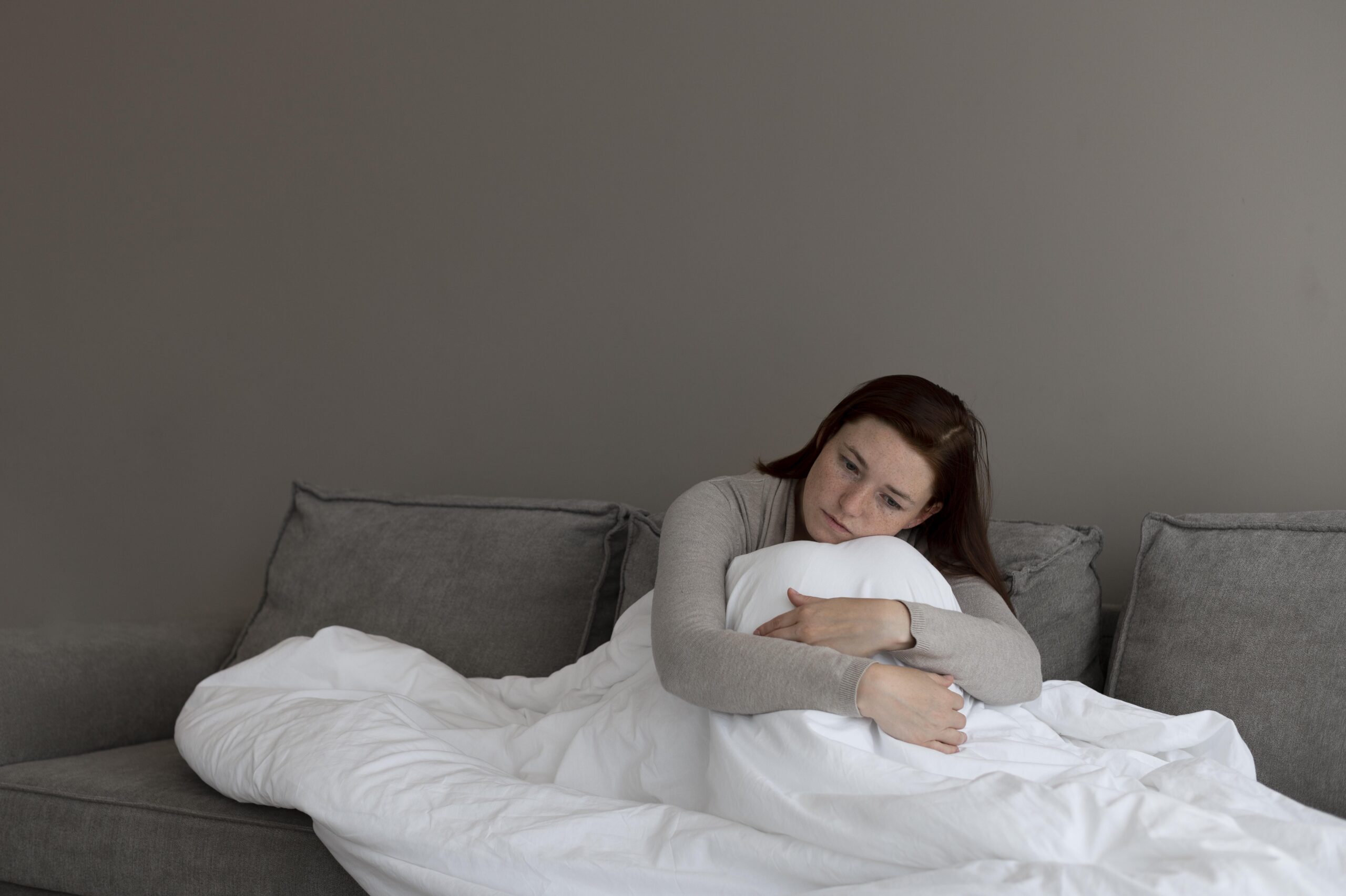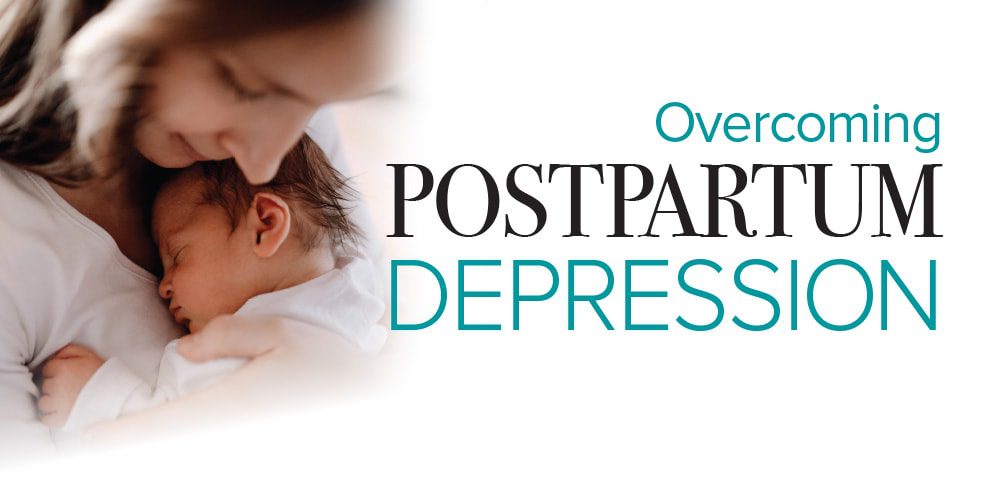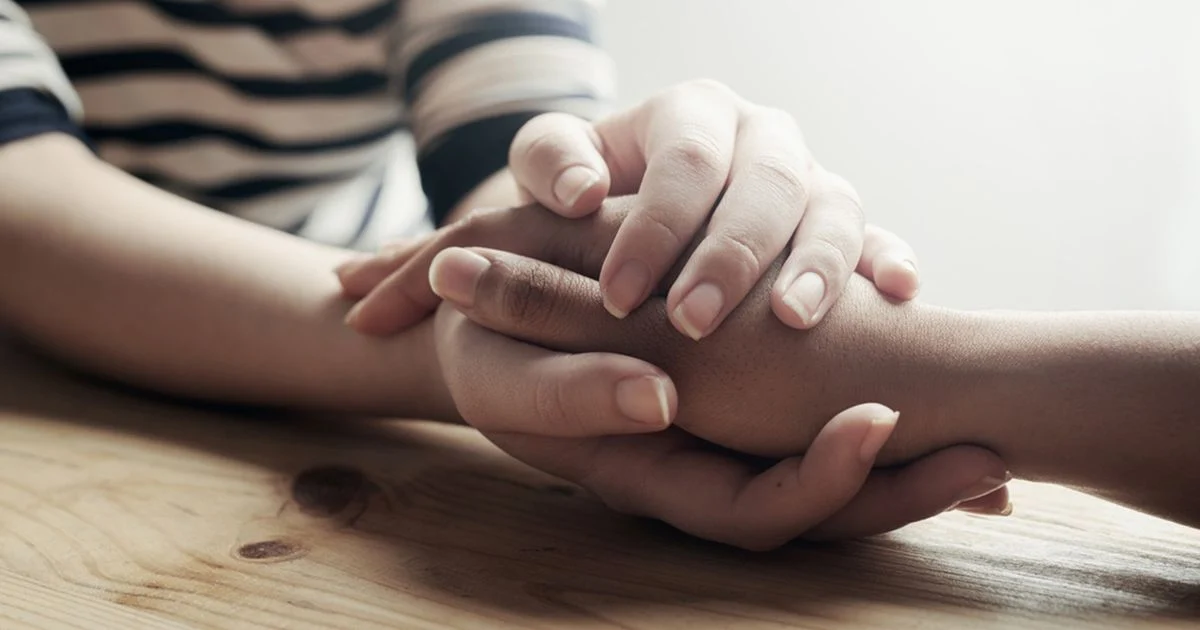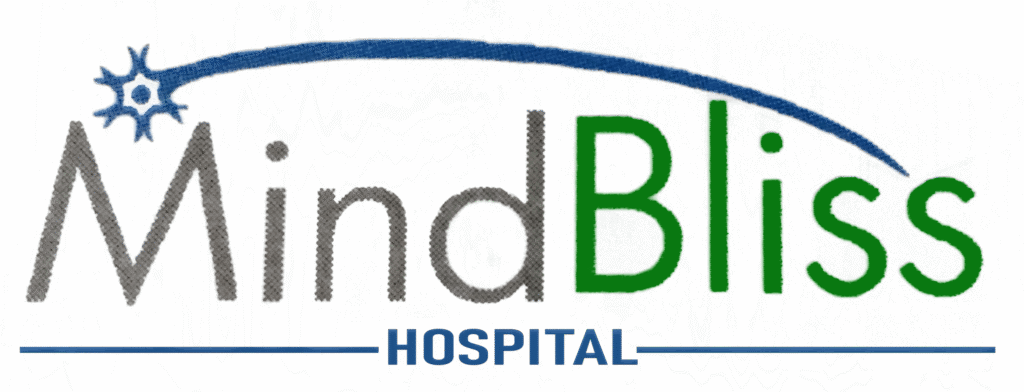
Can You Have Postpartum Depression After a Miscarriage?
Losing a pregnancy, whether early or late, is one of the most heartbreaking experiences a woman can go through. While the physical signs may fade with time, the emotional scars often linger. One of the most misunderstood aspects of pregnancy loss is the mental health impact.
Even though we often associate postpartum depression (PPD) with childbirth and caring for a newborn, it can also affect women who have lost their pregnancy. The hormonal, emotional, and psychological changes that occur after miscarriage are powerful enough to trigger depression, especially if the loss was unexpected or traumatic. At Mindbliss Hospital, we’ve seen how common and severe this condition can be. Our goal is to raise awareness and offer compassionate help to women experiencing postpartum depression after miscarriage—a silent struggle that deserves to be recognized and treated.
Can you have postpartum depression after a miscarriage?
The answer is a strong yes.
Can Women Suffer from Postpartum Depression After Miscarriage?

Yes, absolutely. You don’t need to carry a pregnancy to full term or deliver a living child to experience the symptoms of postpartum depression. After a miscarriage, a woman’s body still undergoes hormonal shifts, emotional turmoil, and physical changes that can lead to depression.
Why it happens:
- During pregnancy, levels of hormones like estrogen and progesterone rise sharply. After a miscarriage, these hormones suddenly drop, which can lead to mood changes and emotional instability.
- Many women form an emotional attachment to their pregnancy early on. When that ends abruptly, it brings feelings of loss, grief, and sometimes guilt.
- Society often downplays miscarriage, making women feel isolated or invalidated in their grief. This isolation deepens the emotional pain and can lead to postpartum depression after miscarriage.
Women often experience:
- Profound sadness or crying spells
- Numbness or lack of emotions
- Fatigue and loss of energy
- Difficulty concentrating
- Lack of motivation to return to daily activities
- Anxiety about future pregnancies
What’s important is that these feelings are not signs of weakness—they are symptoms of real, treatable mental health issues.
Postpartum Depression – Symptoms and Causes

Understanding the symptoms and causes of postpartum depression can help identify it early and seek the right care.
Common Symptoms of Postpartum Depression After Miscarriage:
- Persistent Sadness – Not just a low mood, but a deep and unrelenting sense of sorrow.
- Loss of Interest – Activities that once brought joy feel pointless or exhausting.
- Irritability – Increased frustration with minor issues, sometimes directed at oneself or others.
- Changes in Sleep – Either insomnia or oversleeping, both linked to poor emotional health.
- Appetite Changes – Either eating very little or using food for comfort.
- Guilt and Self-Blame – Thoughts like “It’s my fault” or “I should’ve done more.”
- Social Withdrawal – Avoiding friends, family, or situations that involve babies or pregnancy talk.
- Hopelessness – Feeling like nothing will ever get better, or the future is empty.
What Causes Postpartum Depression After Miscarriage?
-
Hormonal Shifts
Hormones affect brain chemistry. After a miscarriage, the sudden drop in reproductive hormones (estrogen, progesterone) may disrupt emotional stability. -
Emotional Grief
Whether it was a first pregnancy or a long-awaited one, the loss is emotional. This grief often goes unspoken or unsupported, leading to depression. -
Isolation
Many women feel they have no one to talk to, or they’re told to “move on” too soon. The emotional disconnect can increase feelings of loneliness. -
History of Depression or Anxiety
Women with past mental health conditions are more prone to experiencing postpartum depression after miscarriage. -
Trauma of Medical Experience
If the miscarriage involved surgery, emergency treatment, or pain, the trauma can linger as both physical and mental distress.
6 Tips for Navigating Depression After Miscarriage

While the grief and pain are real, there are ways to navigate through this dark time with care and support. Healing doesn’t mean forgetting—it means learning to live with the experience without being consumed by it.
1. Acknowledge Your Grief
Don’t push your pain aside. Give yourself time and space to mourn. Grieving after a miscarriage is normal and necessary. You lost more than just a pregnancy—you lost hopes, dreams, and plans. Whether you cry, write, or sit in silence, make room for grief.
2. Seek Mental Health Support
Talking to a mental health professional can be life-changing. They can help you process the loss, manage depressive symptoms, and regain a sense of emotional balance. At Mindbliss Hospital, we offer specialized therapy for women dealing with postpartum depression after miscarriage, including both in-person and online sessions.
3. Join a Support Group
You’re not alone. Many women have gone through similar losses. Sharing your experience with others who understand can be powerful. You can join support groups in person or through online platforms, where you’ll find comfort and connection.
4. Take Care of Your Body
Grief and depression affect physical health. Get proper sleep, eat nourishing food, and try gentle movement like walking or yoga. Avoid alcohol, smoking, or excessive caffeine as they can worsen symptoms.
5. Talk to Your Partner or Family
Everyone grieves differently, but open communication helps. Tell your partner how you feel. Let your family know how they can support you. Some may not understand unless you share your emotions.
6. Give Yourself Permission to Heal
There’s no timeline for recovery. Some days will be harder than others, and that’s okay. Don’t compare your healing process to anyone else’s. Be kind to yourself. Healing after miscarriage isn’t about “getting over it”—it’s about learning to carry the experience with strength and self-compassion.
When to Seek Professional Help

If you find that your symptoms aren’t improving or are getting worse, it’s time to seek professional help. Postpartum depression after miscarriage can become severe if untreated.
Signs You Need Help:
- Thoughts of self-harm or suicide
- Inability to function in daily life
- Panic attacks or severe anxiety
- Persistent insomnia or oversleeping
- Feeling emotionally numb or hopeless
- Withdrawal from everyone for weeks
Please don’t ignore these signs. Early help can make a big difference.
At Mindbliss Hospital, we have a compassionate team of psychiatrists, psychologists, and therapists who work together to help you feel like yourself again. We believe every woman deserves support—especially after a loss.
The Importance of Recognizing Postpartum Depression After Miscarriage

One of the biggest challenges with postpartum depression after miscarriage is that it often goes unrecognized. Friends and family may not understand that the emotional impact of a lost pregnancy is as strong as postpartum after a live birth.
When this grief goes unnoticed, women may begin to feel:
- Unseen and unsupported
- Invalidated in their emotions
- Guilty for not feeling better
- Pressured to “move on” too quickly
Recognizing postpartum depression after miscarriage as a real, diagnosable condition allows women to:
- Seek the right treatment
- Speak about their experiences openly
- Find comfort in knowing they’re not alone
- Prevent long-term mental health issues
- Support others by sharing their journey
How Mindbliss Hospital Can Help
Located in Himachal Pradesh, Mindbliss Hospital offers dedicated mental health care for women experiencing emotional challenges during or after pregnancy. Our experienced team understands that pregnancy loss is not just a medical condition—it’s an emotional and psychological journey.
We offer:
- Psychiatric Consultations for diagnosis and medication (if needed)
- Individual Counseling with certified psychologists
- Family Support Programs to help your loved ones understand and assist
- Online Therapy Options for privacy and convenience
- Supportive Environment where healing is the priority
We treat every patient with dignity, compassion, and empathy—helping you feel heard and supported.
Conclusion:
Miscarriage can shatter your heart and spirit. But you’re not alone in this pain. Postpartum depression after miscarriage is a very real condition, and help is available. It’s not about being strong or weak—it’s about getting the support your mind and body deserve.
If you are struggling with grief, sadness, or hopelessness, reach out to someone. Talk to a therapist. Speak to your partner. Visit a trusted hospital. Healing is possible—and it starts by acknowledging the pain.
Mindbliss Hospital is here for you every step of the way. Whether you need a listening ear, professional therapy, or compassionate care, we’re just one call away.










